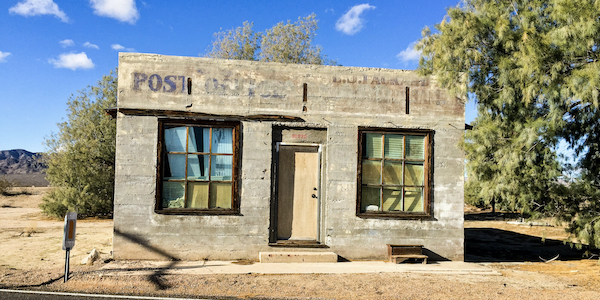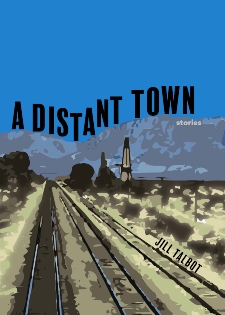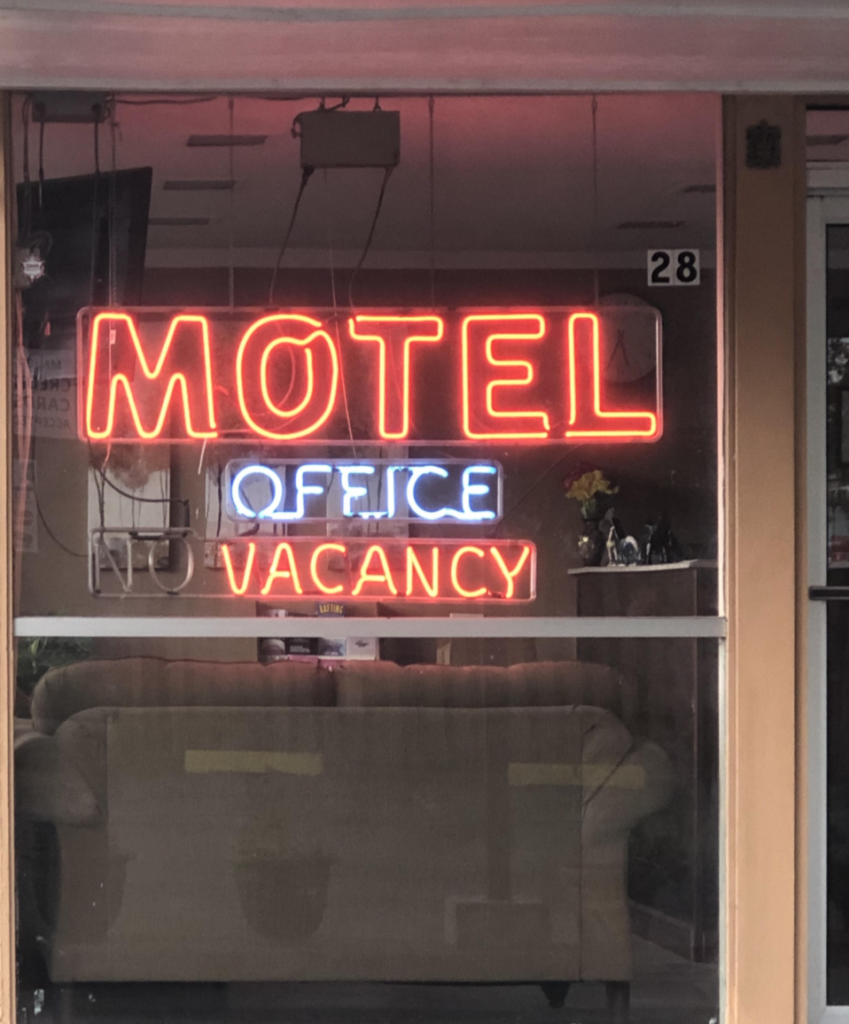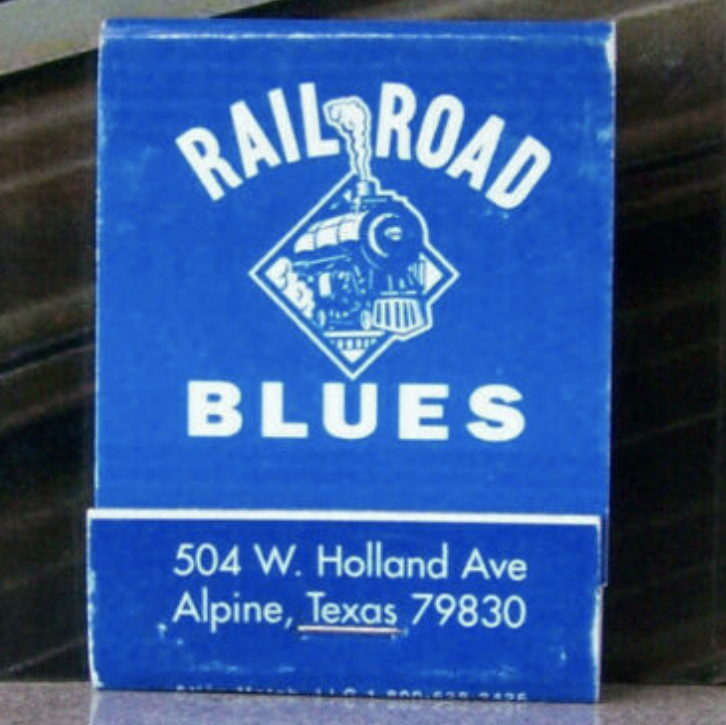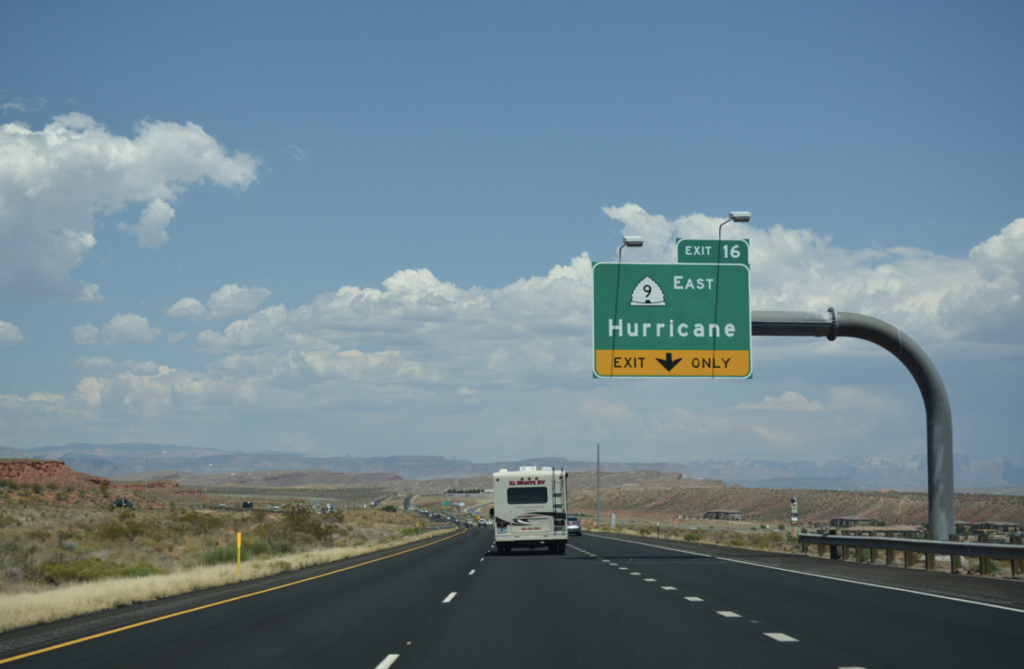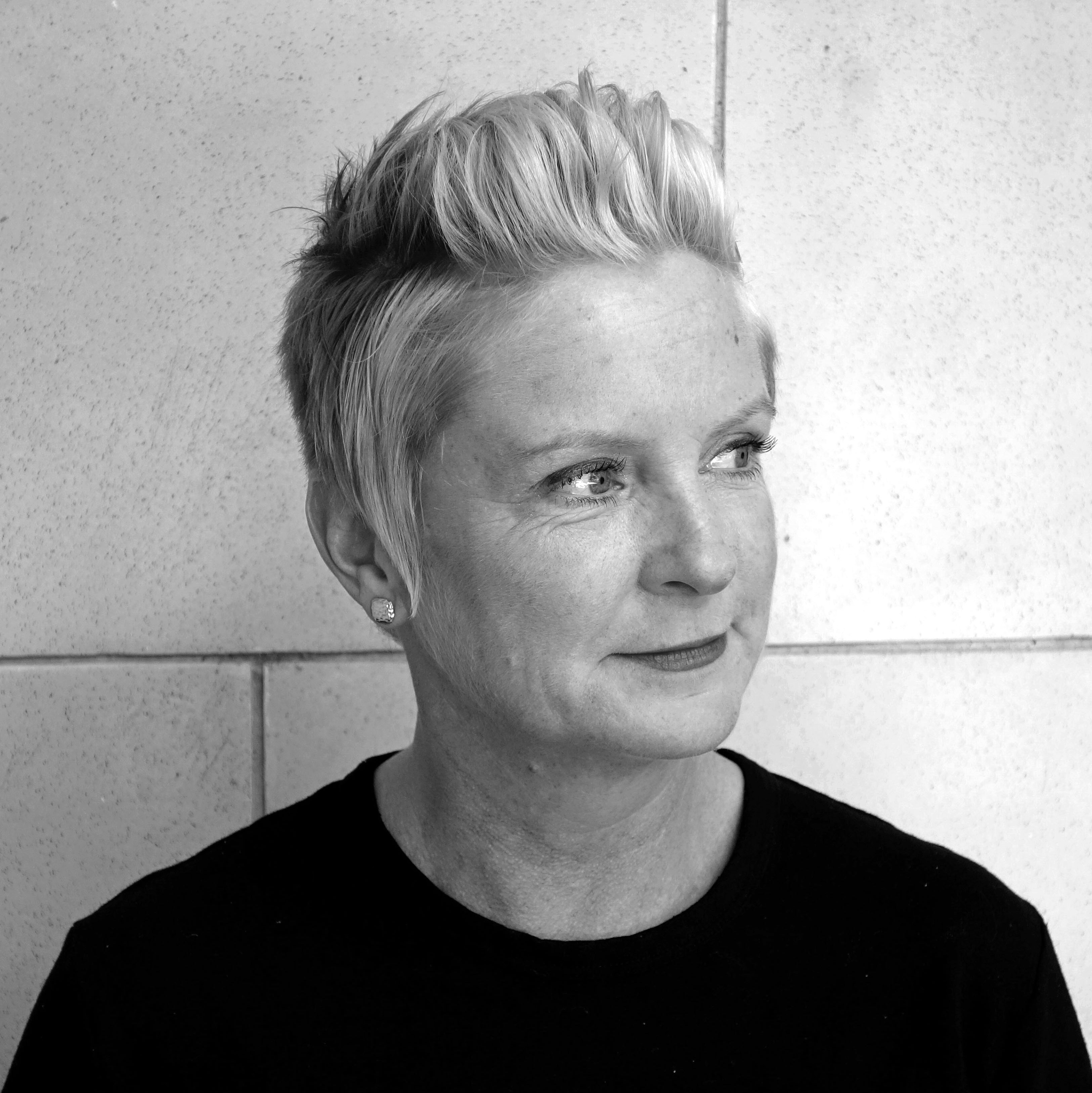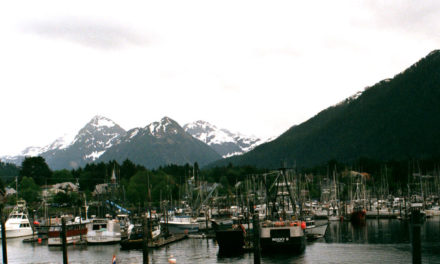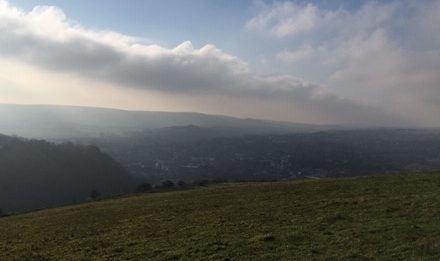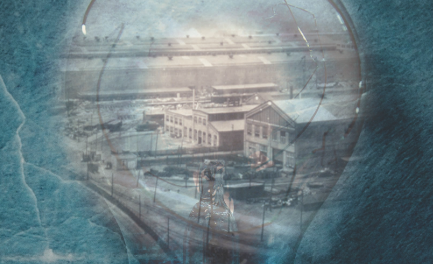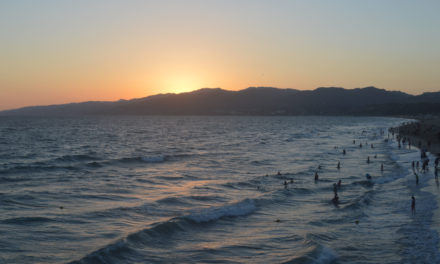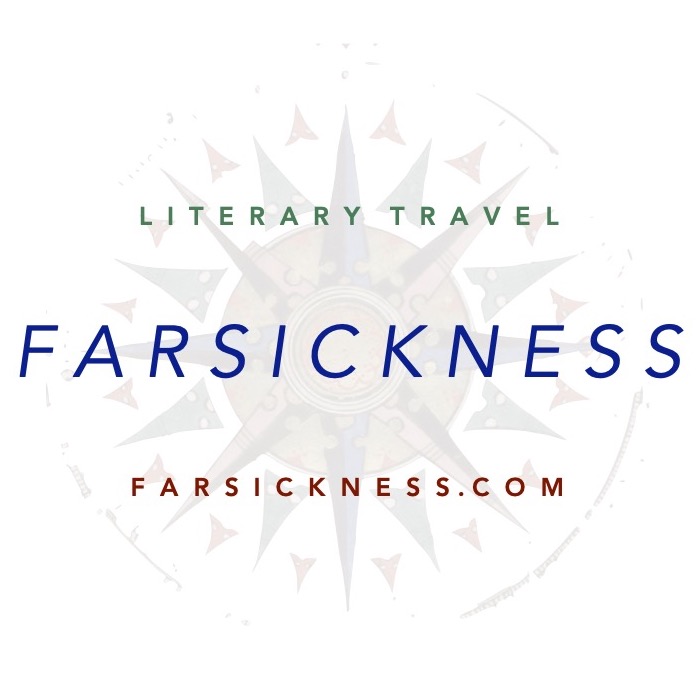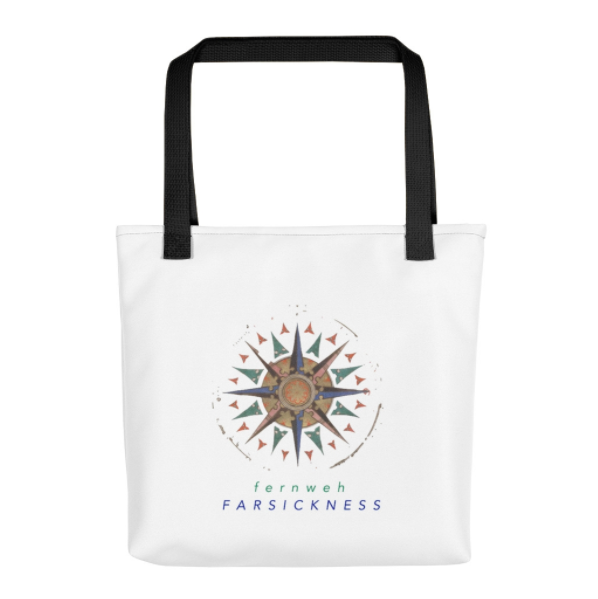Four Questions on Farsickness is an interview series with creative writers for whom place is essential to their work. Each writer answers the same four questions—and featured here is essayist, memoir author, and editor Jill Talbot, whose new short story collection, A Distant Town, winner of the 2021 Jeanne Leiby Award, was just published by The Florida Review.
1. Share a little about where you’re from. When you were growing up, what place—real or imagined—most fascinated you, and why?
Several years ago, I attended an orientation session that began with a Get to Know You exercise. The leader asked us to stand at the back of the room and told us the floor was as a map of the United States, surrounded by the rest of the world. One by one, she called us to introduce ourselves and stand in the place we had been before we arrived at the Midwestern university. Other new professors took their place in Florida or Washington State or against the right wall, declaring West Sussex. When it was my turn, I moved to Texas and paused before walking to Colorado, then back to Texas, and back to Colorado. I wasn’t done—on to Utah, Idaho, Kansas, and Oklahoma before ending at the northern border of New York. I used to think “where I’m from” meant where I was born (Dallas, Texas) or where I grew up (north and west Texas), but now I consider where I’m from as where I’ve lived, as well as all the roads that connect those places. Since that orientation, I have added New Mexico and a(nother) return to Texas.
I can’t remember a time when I didn’t want to be Elsewhere, anywhere other than where I was, and not because there was anything wrong with Here. I’ve always been fascinated with what Steinbeck called the “Road Away from Here.” My parents were not travelers. To them, a vacation involved a couple of hours on a highway to stay in a La Quinta or Holiday Inn. Maybe that’s one of the reasons hotels fascinated me, even now. The anonymity of them, but the idea of passing through, too.
2. What travel has been a particular inspiration to your work?
I think all of my moves, all my leavings inform my work. The longing to go, the question in that moment of pulling out a driveway when I second guess myself. So much of my essay writing involves the ways in which I question myself. And in my fiction, I tap into the way some of my characters struggle to stay. Somewhere. Anywhere.
I am certain that the consistent road trips I took in my mid-to-late twenties from West Texas to the southern border or west to the jagged spaces of New Mexico and Arizona, or north to small mountain towns in Colorado impacted my work, all of those landscapes echo through it.
3. Where do you “escape to” to recharge creativity?
Lately I’ve been driving to small Texas towns within an hour drive or so. I call them “half-tank trips.” Before I go, I scout out an antique mall and wander the aisles for motel ashtrays, vintage phones, and postcards of motels (see? Fascinated!). There’s an abandoned motel about 30 minutes north that I “visit” every few months. It’s a one-story, ten room U-shaped building, each room with an attached carport. Overgrown ivy drapes the doors and windows like heavy curtains, and the courtyard is covered by various weeds, wildflowers, and one flourishing rose bush. Every time I approach the motel on I-35 north, I hold my breath in fear it has been razed, but so far, it remains in its rewilding, and I step onto the gravel to snap photos and imagine all the stories and secrets those empty rooms keep to themselves.
4. Where would you most like to travel to next?
I’ve been thinking about a trip to every border I crossed in my twenties. To stand on the dusty shoulder of 380 West at the Texas/New Mexico line or I-15 south at the red rock gorge between Utah and Arizona. I’d most likely avoid the Rio Grande, where twice I paid 5 bucks for a boat ride across the river to get to a taco bar in Boquillas, Mexico. Didion advised us to keep on nodding terms with the people we used to be, and for anyone who always thinks of going, that means going back to stand in our left-behind places with our former selves (or at least the places we blew by going 80, honking at the state sign). Virginia Woolf has a captivating essay, “Street Haunting: A London Adventure,” in which the narrator takes an evening walk to buy a pencil and stands where a former self once stood. A gorgeous piece about imagining the ideal self.
Jill Talbot is the author of The Way We Weren’t: A Memoir and Loaded: Women and Addiction, a collection of personal essays. She is the editor of Metawritings: Toward a Theory of Nonfiction and the forthcoming The Essay Form(s) from Columbia University Press. Her essays have appeared in AGNI, Brevity, Gulf Coast, Hotel Amerika, LitMag, Southwest Review, The Rumpus, and The Paris Review Daily, among others. Her chapbook, A Distant Town: Stories, winner of the 2021 Jeanne C. Leiby Contest, is available from The Florida Review. Find her online on Twitter @jilltalbot, on Instagram @jill.l.talbot, or on her website, jilltalbot.net.
[Header image, “Kelso Post Office.” Credit: Wikimedia Commons, Pierre Camateros]

